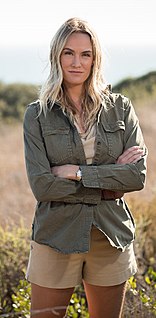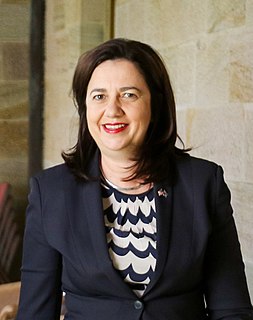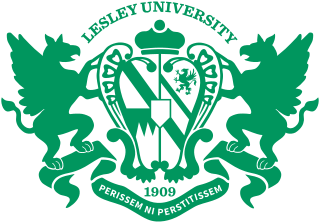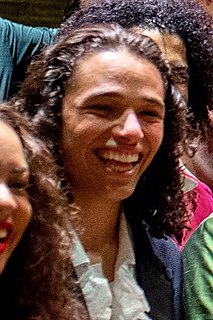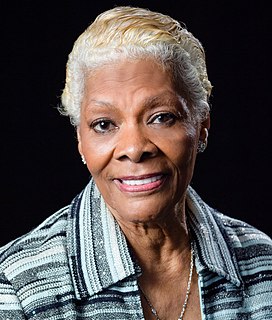A Quote by Ashlan Gorse Cousteau
I know this is hard for people who live in rural communities, but if you can, walk to the store. You will help the environment and get a little workout.
Quote Topics
Related Quotes
I get letters every week from people who live in rural Texas or rural Mississippi and who feel totally alone. They feel like they must be the strangest person in the world. They don't fit in to the religious milieu of their communities. It doesn't make any sense to them. They read some of my columns and they know that there's somebody in the world at least as crazy as they are, and so they write and say is there anybody else?
It's hard for me to play seated theaters because people tend to sit down and get a little bit complacent, so it's less energy. It's just very dry and dead. People start to feel like they're watching a movie. The environment when they walk into it, it's not standing room only, smoking and drinking and rock 'n' roll. So it's a little bit dangerous to do that.
Creative energy manifests in the 'aura' of the environment - the distinct atmosphere, quality and 'air of the place.' It has a contagious effect on people. When we walk into the environment, we know immediately whether or not the energy is present. Most of us need communities as sources of motivation and vitality; and in keeping with the basic movements of energy in nature, people charge one another in positive and negative ways.
I know some people who live this much more insulated life in Los Angeles, where their feet never touch public ground. They walk out of their bathroom, their living room, they get into their garage, their car, and the next thing you know, they're at the valet parking of the restaurant or the store or the office. They're in a bubble the whole time.
I will not walk away from the people and communities whom I love deeply. I will continue to raise my voice for justice and equality for all, organize communities who want to defend the rights of black people, stand against policies that target and marginalize Muslims, and advocate for health care for all people.
I think the answer is we all need a little help, and the coffee's a little help with everything — social, energy, don't know what to do next, don't know how to start my day, don't know how to get through this afternoon, don't know how to stay alert. We want to do a lot of stuff; we're not in great shape. We didn't get a good night's sleep. We're a little depressed. Coffee solves all these problems in one delightful little cup.
